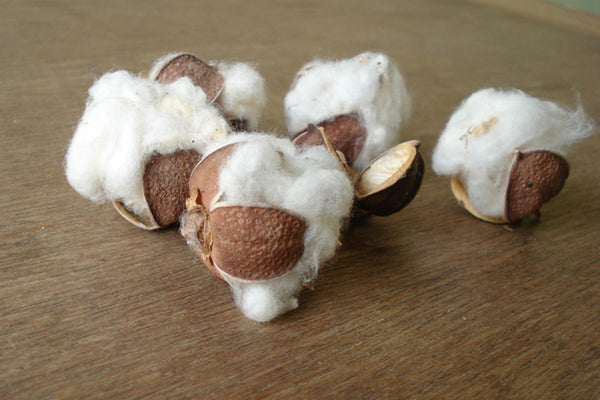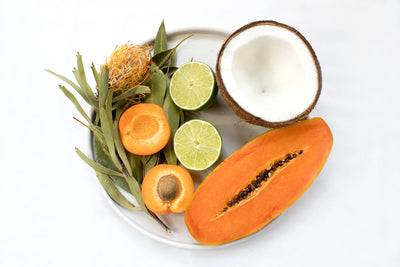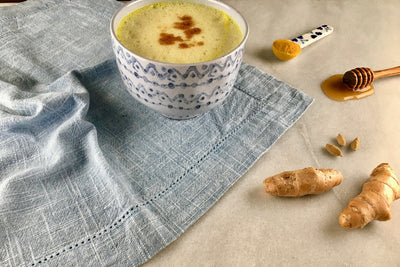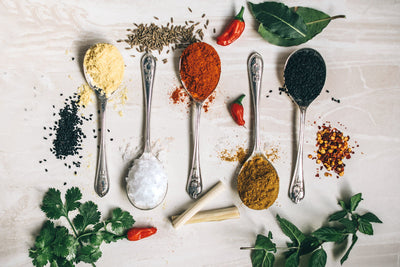Working With Mother Nature ~ Why Organic Cotton is Better
It starts at the source. From farm to studio floor, we center environmental responsibility in every choice we make as a business, including where and how we source our cotton. When creating Bennd, finding a clean cotton source was non-negotiable and, at the same time, very challenging.
Known as the 'world's dirtiest crop,' cotton represents nearly half of the fiber used in the textile industry. Most conventional farmers use fossil-fuel-based fertilizers to grow their cotton. These toxins eventually end up in our waterways, destroying the environment, health, and animals. Insects and pests eventually build a resistance to the chemicals used, so new formulas have to be developed, which results in broader pesticide use and increasing costs for farmers.
Organic Cotton is BETTER

Growing organic cotton allows us to work with mother nature rather than against her. Forgoing pesticides and engaging in bio-dynamic farming techniques help protect the soil, making it like a sponge and allowing the organic crops to become more resilient in the face of floods and droughts. In addition, research has shown that practicing bio-dynamic farming techniques has the potential impact of a 46% reduction in global warming compared to conventionally grown cotton.
-
91% reduction in water consumption
-
25% reduced pollution of waterways
-
46% reduced greenhouse gas emissions
-
62% reduced energy
-
70% less potential for acid rain
Kala Cotton Initiative
Since the 2001 earthquake in Gujarat, India, the district of Kachchh has experienced rapid industrialization. As a result, the number of traditional weavers in Kachchh has declined from over 2000 to only 600-700 weavers today. Due to the ever-changing financial climate, small-scale weavers cannot buy raw materials in bulk and thus need help to stay in business. Therefore, a clear need to develop a trusted local value chain was necessary to keep these weavers from being obsolete. They needed a raw material that was locally grown, environmentally friendly, and had the potential to create social value. So in 2007, Khamir created The Kala Cotton Initiative. In partnership with Satvik, an association of organic farmers in Kachchh, they explore the future production possibilities for Kala Cotton.

Kala cotton, one of India's few genetically pure cotton species, is native to Kachchh. This cotton crop is entirely organic, purely rain-fed, and void of use from pesticides or synthetic fertilizers. It is one of the only species left of pure old-world cotton produced today on a large scale. With a high tolerance for disease and pests, it withstands harsh weather conditions and requires minimal farmer investment.

 After years of experimentation, perfecting their spinning and weaving techniques, Khamir has created a supply chain between cotton farmers, ginners, spinners, and weavers to bring you the most luxuriously soft organic cotton that you find throughout Bennd textiles today.
After years of experimentation, perfecting their spinning and weaving techniques, Khamir has created a supply chain between cotton farmers, ginners, spinners, and weavers to bring you the most luxuriously soft organic cotton that you find throughout Bennd textiles today.
Sustainable cotton textile production that lives harmoniously with local ecology is essential to maintaining a circular economy and reducing our environmental impact. We are proud to partner with Kala Cotton Initiative as a purchaser of their cotton.








